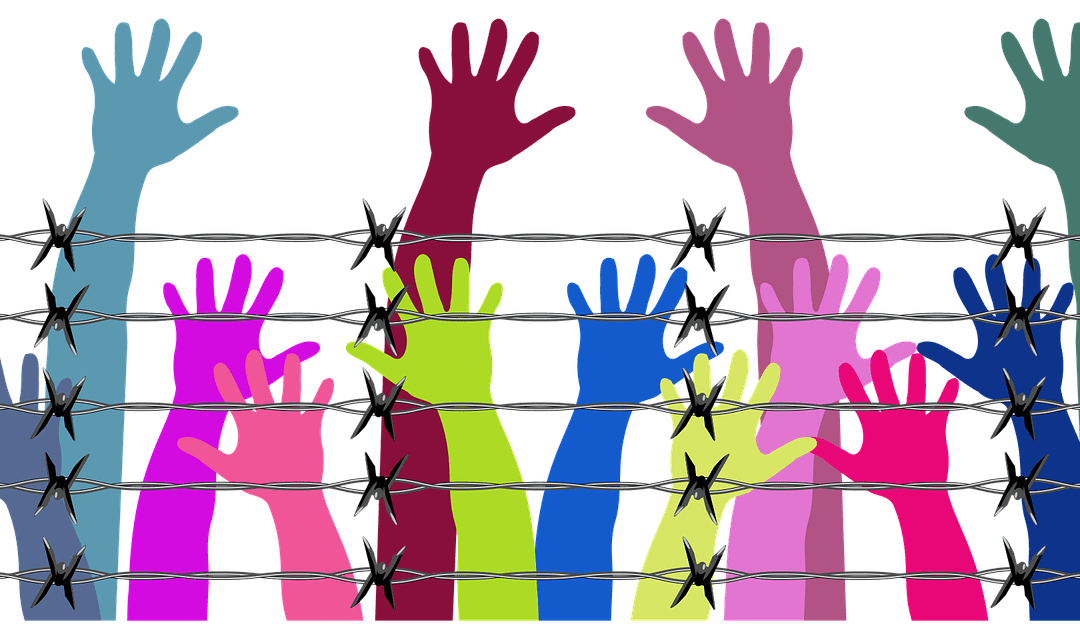Presenter: Dr Daniel Masterson (University of California, Santa Barbara)
When: Thurs 16 Feb, 3pm
Where: Public Policy Institute Seminar Room (220-G01), 10 Grafton Road
When do refugees’ return intentions predict behaviour? What are the implications of this alignment or lack thereof for our understanding of voluntary refugee return? To understand refugee migration, some work studies refugees’ intentions, and others their behaviour. Although these studies are often framed as if they get at the same question, this should not be taken as a given. A rich line of literature explores the constraints and pressures that refugees face, complicating assumptions about the link between refugee migration intentions and behaviour. As such, it is not clear when and why refugees can make empowered decisions about return. Put differently, although we have a clear sense of what voluntary refugee return should look like, we have limited evidence on the conditions under which refugees are actually able to exercise this right by linking their intentions and behaviour. To develop our theoretical and empirical understanding of this issue we need evidence on when intentions predict behaviour or not, and what drives behaviour to deviate from intentions. This paper will present findings from a 3+ year panel survey of 3,000 Syrian refugees who were living in Lebanon in fall 2019. We study time trends in people’s migration intentions and choices and the impacts of major shocks in Lebanon and Syria.

Daniel Masterson is an Assistant Professor in the Department of Political Science at the University of California, Santa Barbara. Previously, he was a Postdoctoral Fellow at the Immigration Policy Lab at Stanford University. He has a PhD in Political Science from Yale University, an MPP from Harvard’s Kennedy School, and a BA in Political Science from Bates College. He conducts research on conflict and refugee migration, refugee community organizing, and humanitarian aid, with a regional focus in the Middle East. His work has appeared in the American Political Science Review, the British Journal of Political Science, and the Journal of Conflict Resolution. A number of media outlets have covered his research, including The New York Times, The New York Review of Books, and The Economist.
With the support of the Centre for Asia Pacific Refugee Studies

